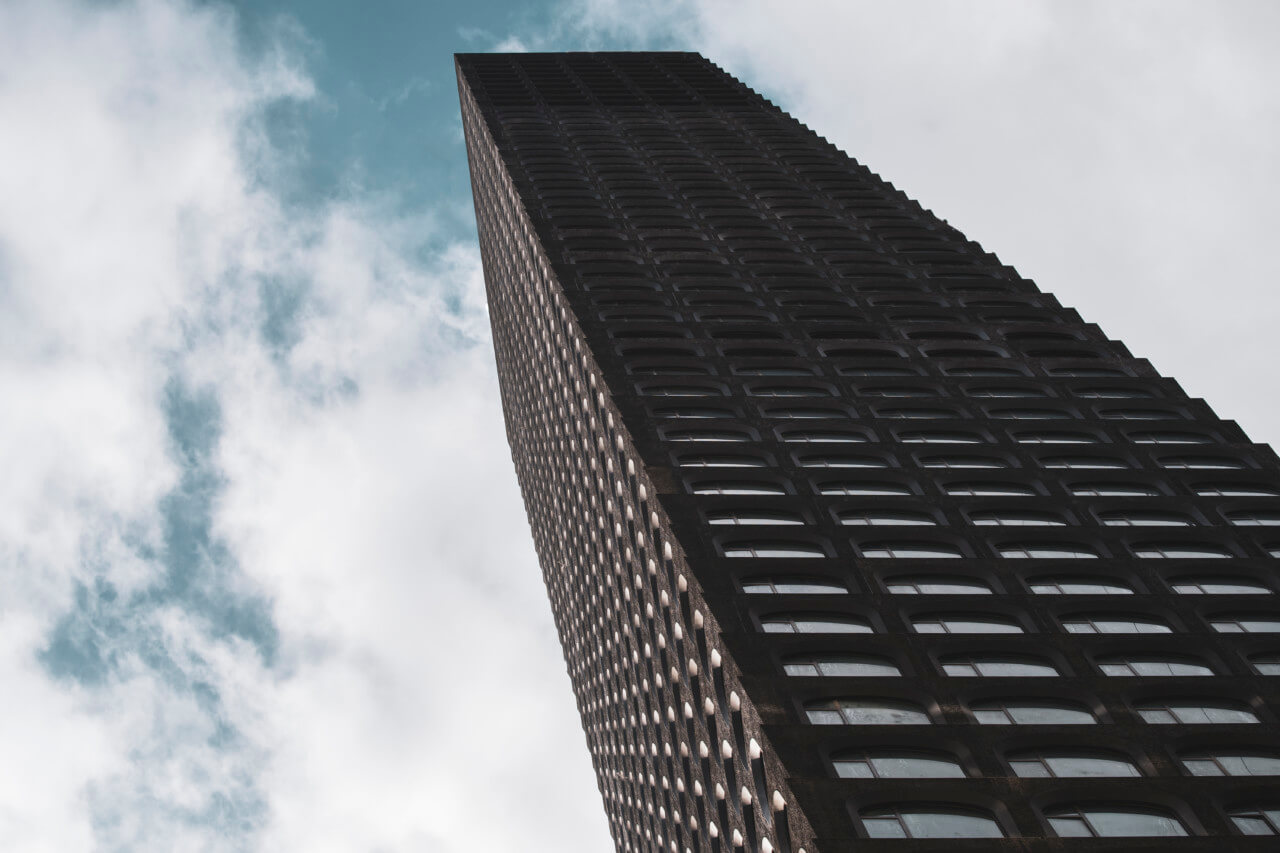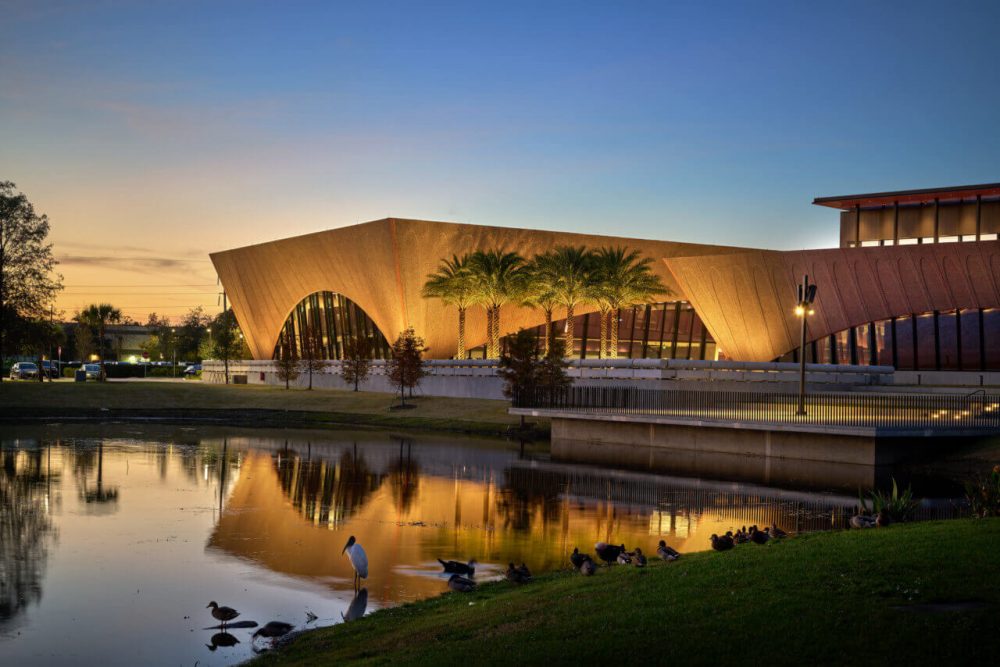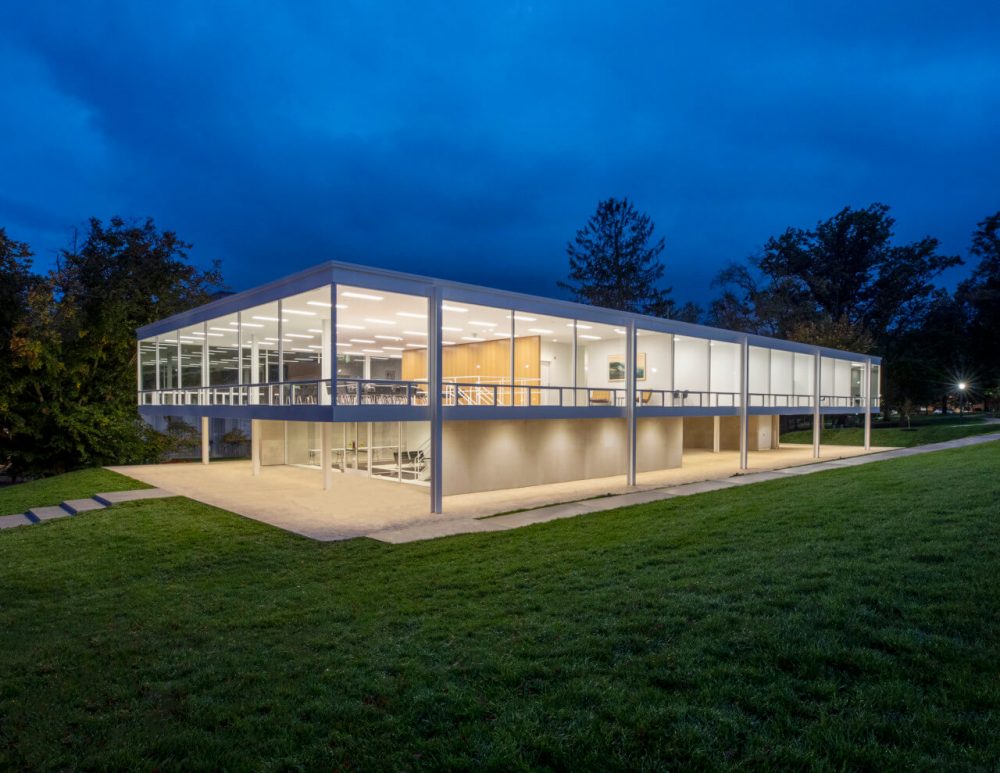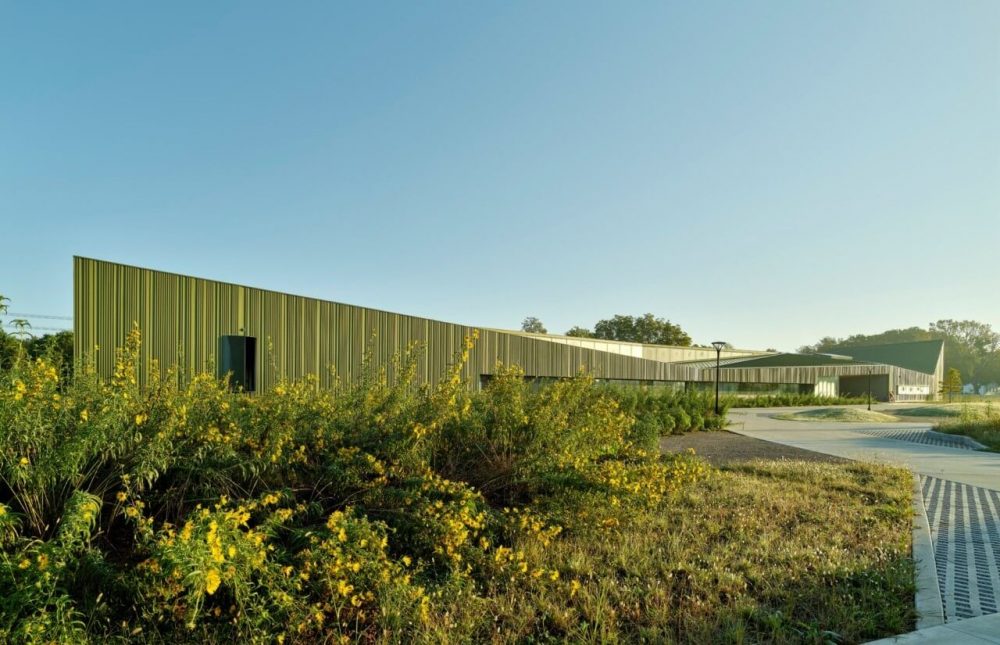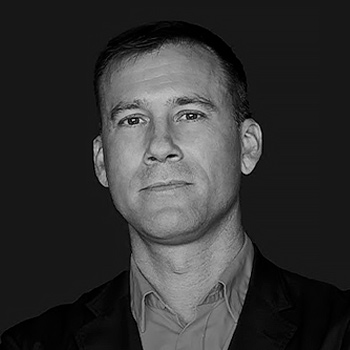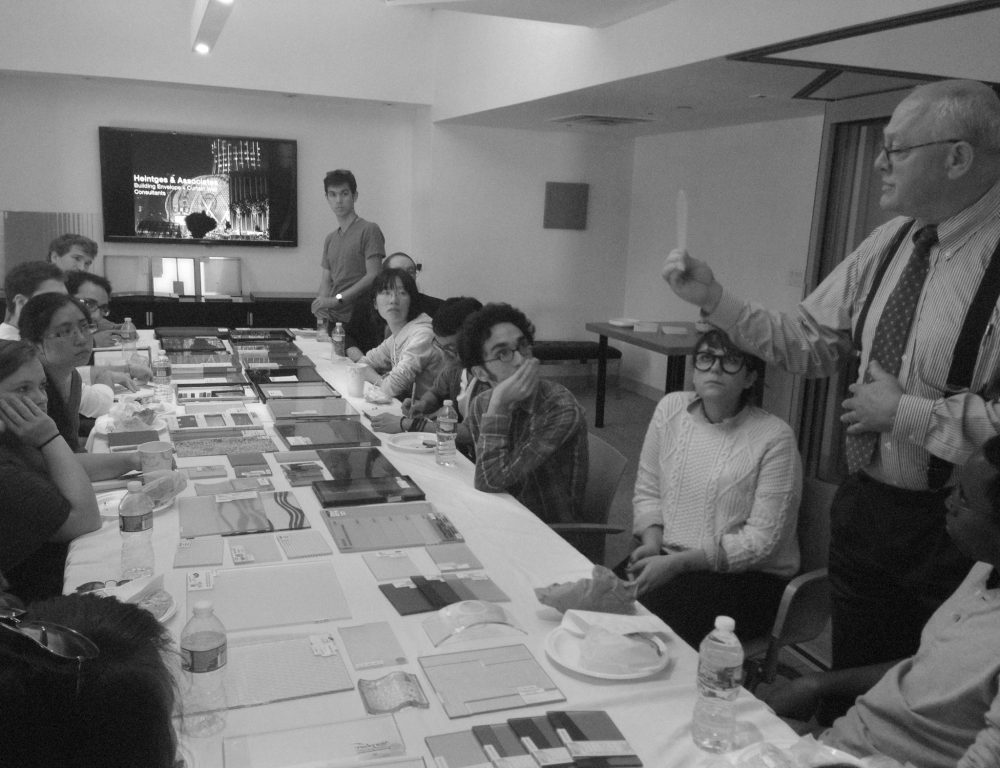More than a century ago, urban reformers warning of the perils of congestion and unregulated development pointed to Lower Manhattan as Exhibit A. That the great monuments of the era—notably, the Woolworth Building—appeared to stand aloof from this cacophony even as they contributed to it only hardened calls for change. Later developments attest to the consequences: Skyscrapers,
Brought to you by: Facades+ celebrated its 10th anniversary year with 12 successful events across North America. In a year that saw increasing interest in mass timber, embodied carbon, and adaptive reuse, Facades+ covered the highest performing and most innovative building envelope designs. Facades+ began the year with events in Atlanta, Philadelphia, and San Francisco.
The largest Facades+ event of the year returns to New York City next week on April 13 and 14. Featuring a full first day of in-person presentations at the Metropolitan Pavilion in Manhattan and a second day of virtual workshops, Facades+ will celebrate its 10th anniversary in the city where the conference series first started.
Facades+ largest event of the year returns to New York City on April 13 and 14. Featuring a full first day of in-person presentations, and a second day of virtual workshops, Facades+ will celebrate its 10th anniversary in the city where the conference series started. With Blake Middleton, partner at Handel Architects, serving as co-chair,
Russell Crader is Associate Principal and co-heads the New York studio overseeing projects in North & South America and the Caribbean. Since joining the studio in 2007, he has played an instrumental role in many of the firm’s most significant projects with a particular focus and commitment to civic and cultural buildings for life-long learning.
Robert Heintges is an influential architect and teacher who has advanced envelope design through his eponymous practice, Heintges & Associates, and through his teaching at Columbia GSAPP and Rice Architecture. This interview is part of my effort to document how different forms of specialized design expertise inform multiple architecture practices at once, and produce unstable forms of architectural authorship.
